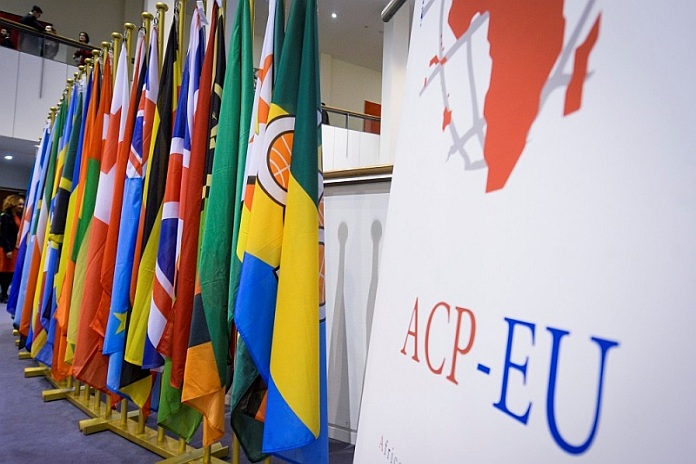The European Council has adopted a decision on the signature and provisional application of the European Union and Organisation of African, Caribbean and Pacific States (OACPS) Partnership Agreement, as the new legal framework for the relations between the EU and its Member States and 79 African, Caribbean and Pacific countries, for the next twenty years, which will succeed the Cotonou Agreement.
The deal covers a wide range of areas, from sustainable development and growth, to human rights and peace and security.
“The EU and the African, Caribbean and Pacific states represent over 1.5 billion people and more than half of the seats at the United Nations. With this new agreement, we will be better equipped to address emerging needs and global challenges, such as climate change, ocean governance, migration, health, peace and security,” said Josep Borrell, High Representative for Foreign Affairs and Security Policy.
This partnership agreement aims to strengthen the capacity of the Parties to address global challenges together, including through cooperation in international fora, in a modernised framework.
It lays down common principles and covers the following priority areas:
*human rights, democracy and governance
*peace and security
*human and social development
*inclusive, sustainable economic growth and development
*environmental sustainability and climate change
*migration and mobility
The agreement includes a common foundation, which applies to all Parties, combined with three regional protocols for Africa, the Caribbean and the Pacific with a focus on the regions’ specific needs.
The new agreement will be officially signed in November in Samoa by the EU and its Members States and OACPS members. Its provisional application will start on the first day of the second month after the signature.
The ACP-EU partnership is one of the oldest and most comprehensive frameworks for cooperation between the EU and third countries.
The current legal framework for the partnership, the Cotonou Partnership Agreement, was signed in 2000.
The post-Cotonou negotiations started in September 2018 in the margins of the United Nations General Assembly in New York, with the aim to agree on a new, modernised treaty to succeed the Cotonou Agreement. The chief negotiators reached a political agreement on the text of the new agreement in December 2020.
SOURCE: EU/PACNEWS














